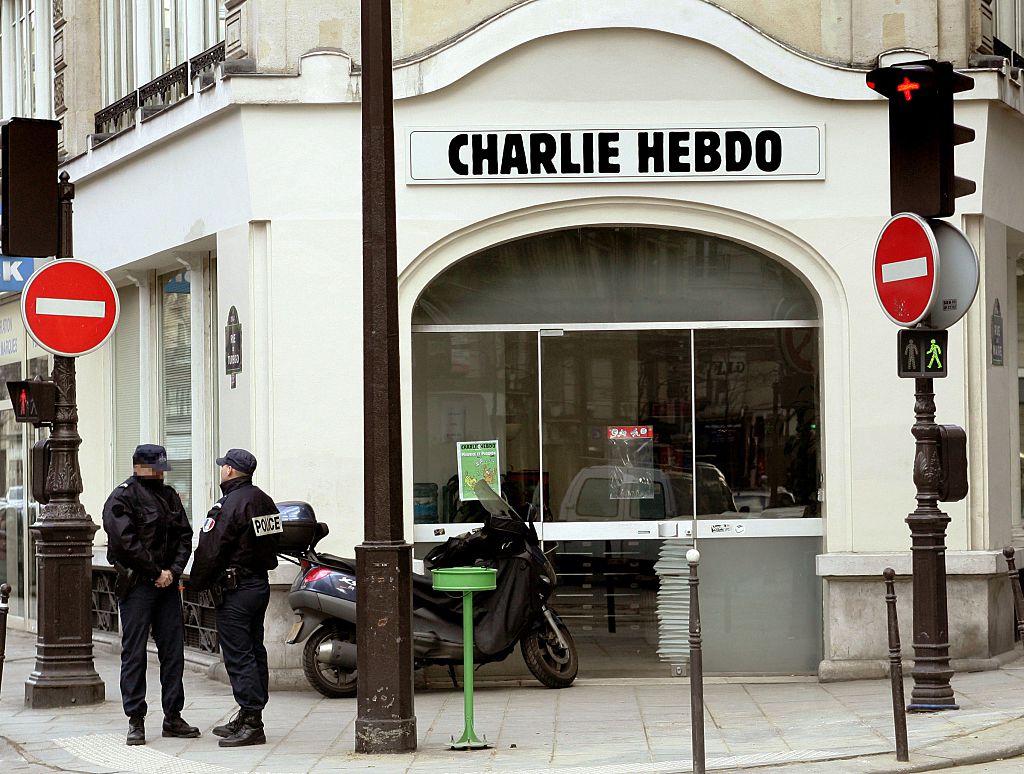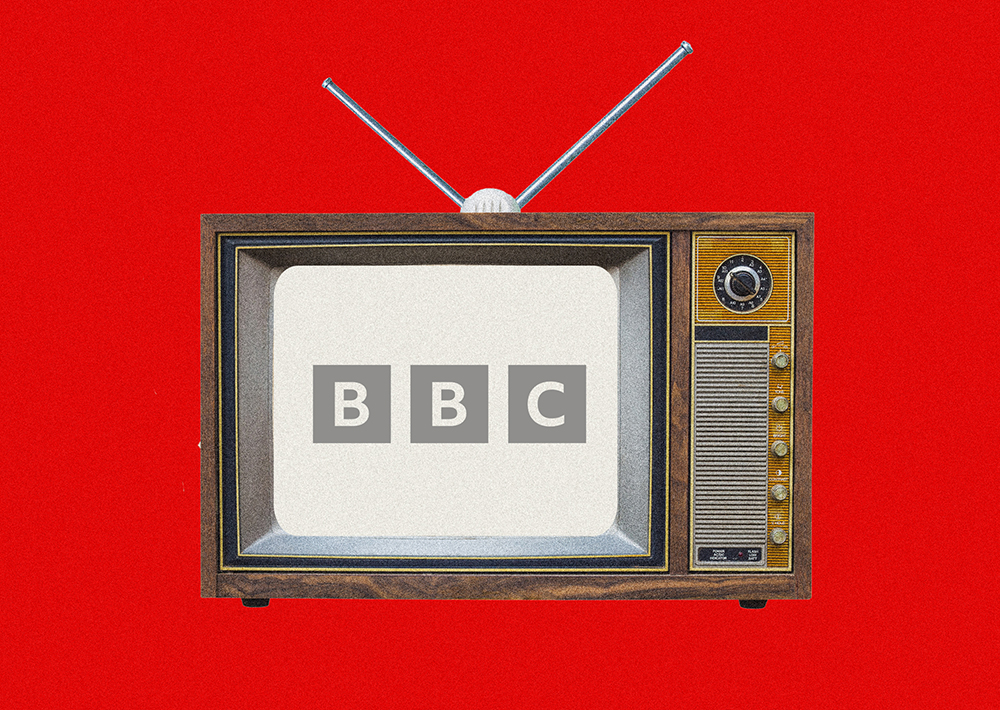Today marks ten years since two brothers walked into the office of Charlie Hebdo and shot dead most of the staff. It was punishment for the satirical magazine’s blasphemous treatment of the Prophet, according to the Islamist gunmen.
The murders shocked the West. Millions of French men and women gathered across the country four days later, and in Paris, world leaders stood alongside President François Hollande in a show of solidarity for the freedom of expression. ‘Je suis Charlie’ was on everyone’s lips.
Hollande was recently asked if the spirit of Charlie was still present in France. He conceded that it wasn’t as strong as he would like. ‘To be Charlie is to be free, to conquer fear,’ he said. Curiously, he then went off on a tangent, claiming that journalists’ freedom of expression in France in 2025 is endangered most by the ‘power of money…which doesn’t necessarily have the same conception of freedom of expression’.
‘Money’? Not ideology? Not Isis or al-Qaeda, whose adherents have murdered over 100 French people in the past decade – including the journalists of Charlie Hebdo – and not the Muslim Brotherhood, whose soft power strategy is spreading so effectively?
In an interview shortly before Christmas, Bertrand Chamoulaud, head of the National Directorate for Territorial Intelligence, outlined to Le Monde the extent of the danger posed by the Brotherhood. ‘Their infiltration affects all sectors: sports, health, education, etc,’ he said. Allied to this infiltration, explained Chamoulaud, is their strategy of victimhood in which the Brotherhood accuses France of being an ‘Islamophobic state’ whenever its expansion is challenged by the Republic.
The French understood Hollande’s allusion to the ‘power of money’; he was thinking of the media tycoon Vincent Bolloré, a conservative Catholic despised by the left. When I attend left-wing rallies in Paris, I see his name often on placards, along with some of his star presenters, notably Pascal Praud, who has the prime-time slot on CNews, best described as France’s equivalent to GB News.
I’ve watched Praud’s panellist show on many occasions and I’ve yet to see any evidence that he is far-right in his opinions. The same goes for CNews in general. What it offers is an alternative viewpoint to the centre-left ideology that has dominated the French media for half a century. It’s an alternative that has turned CNews into the most-watched news channel in France.
But while the proles love CNews, the left loathe it.
During last year’s campaigning for the European elections, the Socialists’ candidate, Raphaël Glucksmann, refused to appear on a debate televised live on CNews because he claimed it is ‘a tool for ideological ends and it’s a cultural, political, ideological crusade that I don’t see myself endorsing’.
Glucksmann’s partner is Léa Salamé, one of France’s best-known journalists, who presents the breakfast radio show on France Inter. The broadcaster describes itself as ‘progressive’ and is well known for seeing life through a left-wing lens. The same applies for all of the state-funded media, as revealed in a report published last year, around the same time Jean-François Achilli lost his job on a national broadcaster.
He was fired after he met Jordan Bardella, the president of the National Rally, to discuss the possibility of ghosting his autobiography. Achilli decided not to proceed with the project, but that wasn’t enough to save him.
CNews offers different views, but diversity of opinion is the one form of pluralism that the French left just will not tolerate. Lucie Castets, who was the left’s candidate to be Prime Minister after last year’s parliamentary elections, blamed the popularity of Marine Le Pen’s National Rally on CNews. As a consequence, she wants greater ‘regulation’ of the media.
A similar claim was made last month by Éric Dupond-Moretti, who until recently was the Minister of Justice in Macron’s government. In an interview on France Inter, the left-wing lawyer described CNews as Le Pen’s ‘dedicated channel’.
Even the French NGO Reporters Without Borders (RWB), whose raison d’être is to ‘act for the freedom, pluralism and independence of journalism’, appears to take issue with CNews. It accused the channel of lacking diversity. CNews retorted that it regularly invites figures from across the political spectrum to appear on its programmes, but what can it do if left-wing politicians refuse to appear?
Ten years ago, RWB marched in Paris – as I did – for Charlie and for freedom of expression. Its director general at the time, Christophe Deloire, declared that ‘we must not let predators of press freedom spit on the graves of Charlie Hebdo’.
A decade later, the ‘predators’ menacing free speech include progressive types within the Paris elite. One of their victims is the distinguished historian, Georges Bensoussan, the man who in 2002 coined the phrase ‘the lost territories of the Republic’. His blunt but honest description of the Islamist takeover of many of France’s inner-cities resulted in his being shunned by Paris’s polite society.
He attributes the elite’s desire to censor CNews to ‘panic’ because they know they are losing the culture war. ‘The working classes are beginning to make their voices heard and this is something that the cultural bourgeoisie finds very difficult to tolerate,’ said Bensoussan.
To be Charlie, as François Hollande said, isn’t just about conquering fear; it’s also about conquering prejudice, particularly when it comes to the proletariat.









Comments